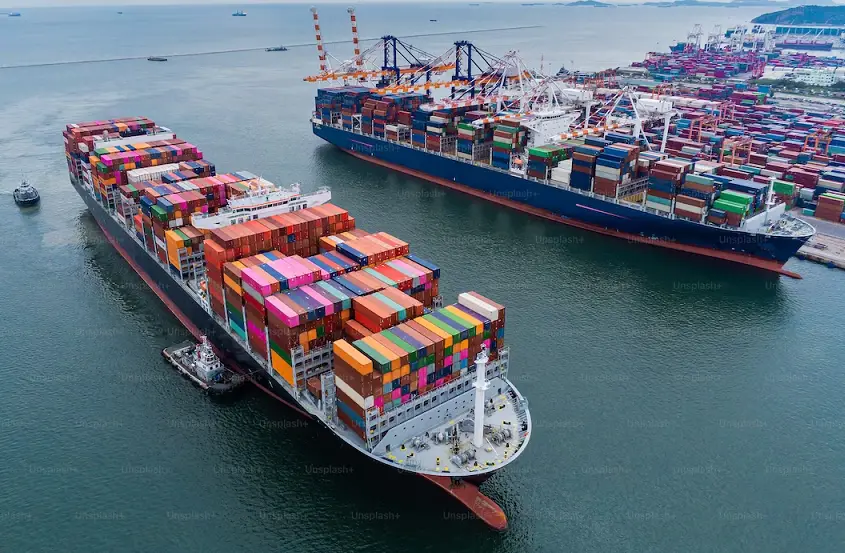This week, CNBC reported that amid the threats of attacks on passing cargo ships by Houthi rebels based out of Yemen, there has been roughly $35 billion in cargo which has been diverted away from the Red Sea route.
The report revealed that at present there are 57 container ships which are taking the long route around the horn of Africa, rather than use the Red Sea to access the Suez Canal.
While being interviewed by CNN, Paolo Montrone, senior vice president and global head of trade sea logistics at Kuehne+Nagel said, “That number will increase as more will take this routing. The total container capacity of these vessels is 700,000 twenty-foot equivalent unit.”
The senior consultant for MDS Transmodal, Antonella Teodoro, noted that the average value of each container is about $50,000, which would work out to mean there is about $35 billion in total cargo being rerouted.
The diversions of the ships came due to travel suspension which were imposed following the targeting of at least two ships with projectiles, assumed to be drones, on Monday. Leaders of the Houthi rebels have said they intend to target any ships which are either associated with Israel, carrying Israeli cargo, or are destined for Israeli ports. However one ship which was attacked appeared to have no clear connection to Israel.
Teodoro said, “Ocean carriers could also start making adjustments to their networks in addition to the diversions. But, diversions/adjustments will require time and won’t come free, understandable. One can hope we won’t see the high rates seen in the recent past.”
Montrone also noted that as a result of the changing arrival times, and need to adapt to the new planning, port authorities are expecting to see increased port congestion.
Montrone said, “The situation is very volatile and the reconfiguration of these networks is very complex, so we can expect a certain level of disruption. In Asia, the lack of empty equipment (containers) will become a potential issue as the repositioning of empty containers into demand areas will take 10-20 days longer.”
The CEO of Danish shipping giant Maersk, which rerouted its ships around the horn of Africa, has said that his company is planning for between two and four weeks of delays.
In an interview with CNBC, Vincent Clerc said that, “Europe is more dependent on the Suez. The delays will be more pronounced in Europe.”


